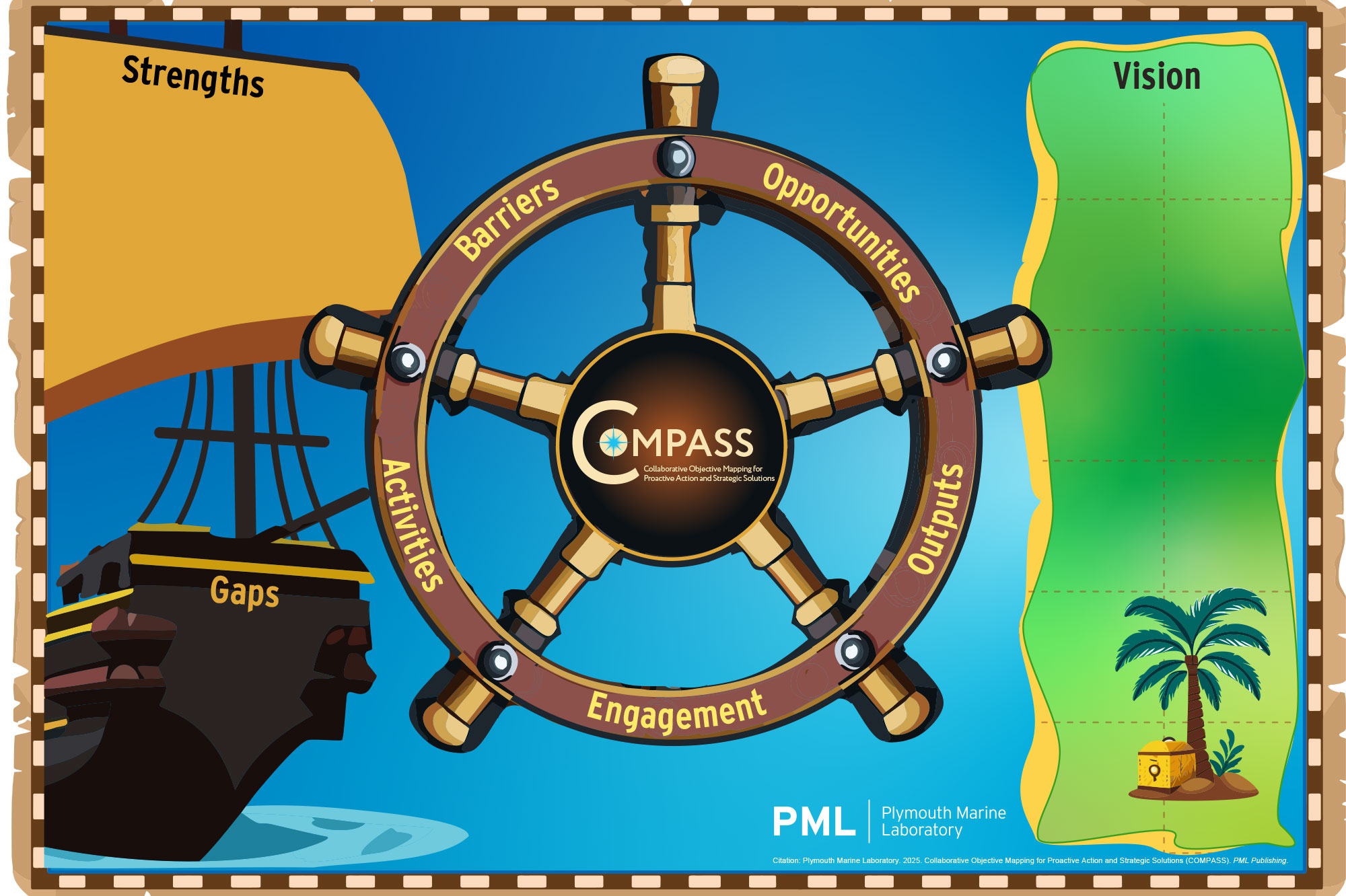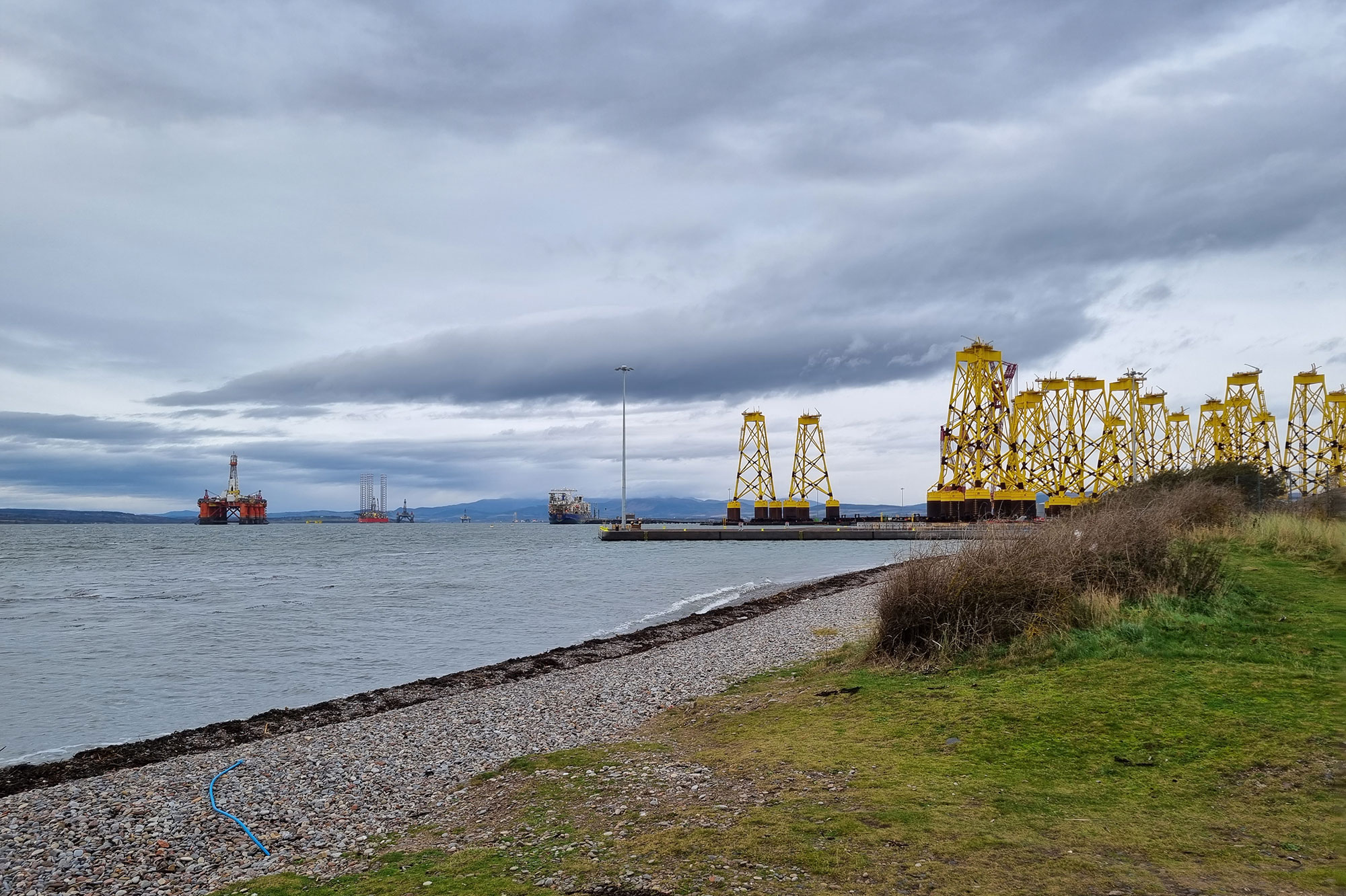Publication
Characterisation of the inshore marine sectors of Da Nang, Vietnam
Olivia R. Rendón, Andrew Edwards-Jones, Thi Kinh Kieu , Oceane Marcone, Stefanie Broszeit, Nicola BeaumontSea and Society Group, Plymouth Marine Laboratory, United Kingdom
Da Nang University, Vietnam

Da Nang is a pioneer site in Southeast Asia for the implementation of Integrated Coastal Management and the first city in Vietnam to become an Environmental City in 2020. At the same time, the city of Da Nang in Vietnam is experiencing substantial changes in its urban landscape due to socioeconomic growth in line with three primary pillars: tourism, high-tech industry, and marine economy. These pillars are likely to bring negative environmental consequences, of which marine water quality is a key concern. Thus, this study carried out a characterisation of the inshore marine sectors and developed understanding of the impacts of poor water quality and Covid-19, with the aim of informing marine-coastal management.
The sectors of artisanal inshore fisheries, aquaculture and marine tourism were assessed through surveys; blue carbon and policy mapping via desk-based research; and resilience of fishers and aquaculture farmers to Covid-19, and other major shocks, was studied via in-depth interviews and focus groups. The results provide a wealth of information, highlighting strengths and weaknesses in each sector, and areas for further research and management-policy advancement. The estimated monetary values for Blue Carbon in Da Nang are quite low, but it is important to remember that marine habitats provide a host of other services. Aquaculture farming are the most disadvantaged marine sector in Da Nang in several aspects, but they would mainly benefit from policies that legalise aquaculture and support training in sustainable practices. Inshore artisanal fishers evidence overall good conditions, but the marine environment would benefit from greater monitoring and enforcement of fishing policies. Son Tra Peninsula is a key location in Da Nang, as it supports a large proportion of marine tourism and artisanal fishing. Thus, the area needs special attention for conservation to ensure protection of the marine environment in the face of expected expansion of marine tourism. In all three marine sectors there is an almost total dependence on these activities for household livelihood, thus households would benefit from income diversification or support, especially in times of stress, and more equitable support system from the government.
All marine sectors showed a trend towards not expecting future change in their respective sectors. However, aquaculture stands out for a tendency to expect an increase of demand for the sector despite its current unrecognised status. While fishers tend to have conflicting views on expected changes which seems to reflect uncertainty or lack of knowledge. All three sectors mentioned natural disasters as a main threat to their livelihood; marine tourism operators and aquaculture farmers also highlighted water pollution; and fishers emphasised the threat from destructive fishing. These threats evidence key areas to develop in Da Nang city: adaptation and preparedness for natural disasters, updating and implementing water quality monitoring, enforcing water quality policies, and enforcing fisheries policies including patrolling.
The three sectors had an overall positive view on the water quality status for Da Nang Bay, as well as thinking that their activities did not have much impact on water quality. However, there was evidence of misinformation and conflicting views regarding their effect on water quality and other sources. Thus, there is a need for environmental education and awareness raising regarding different sources of pollution, impacts of pollution and impacts of their livelihoods on water quality and how to reduce them. There was a dominant view across sectors that sewage and industrial waste were two of the main causes of marine water pollution in Da Nang Bay. This highlights the need to take enhanced action for water quality improvement by improving sewage treatment.
Impact of Covid-19 on fishers and aquaculture farmers were mainly felt on income, which was due to a lowering of price received for stock/catch and no access to buyers. Fishers’ food security and social networking were also affected. Aquaculture farmers were able to maintain good food security 4 through their own stock and perceived increased environmental security from reduced industrial effluents during lockdowns. However, the pandemic was perceived to be less impactful than natural disasters.
Finally, a detailed content analysis of Integrated Coastal Zone Management-related policies is recommended as it would provide a deeper understanding of the extent to which policy makers and deliverers in Vietnam, and Da Nang specifically, have included tourism, fisheries, aquaculture, and blue carbon within their coastal management policies, and how (un-) successfully the policies interact and complement one another in order to facilitate sustainable coastal management.
Related publication
Climate-smart spatial planning assessment in support of conservation and blue growth in Da Nang city’s marine environment.
This publication is another output from the ACCORD project.
Download this publication
Please enter your details below to access the publication.
The information you provide will be used to gain a greater understanding of our audience.
Your details will be kept securely and in accordance with our Privacy Policy.
Cite this publication
Other publications from PML publishing
COMPASS User Guide (Collaboration Objective Mapping for Proactive Action and Strategic Solutions
2025
Plymouth Marine Laboratory
COMPASS Poster (Collaboration Objective Mapping for Proactive Action and Strategic Solutions
2025
Plymouth Marine Laboratory
Sea the Value Marine Natural Capital Training Materials
2025
Collar, M., Contento, C., Dickie, I., Watson, S.C.L., Broszeit, S., Preston, J., Van der Schatte, A., Watson, G., Anbleyth-Evans, J., Burdon, D., Potts, T., Chan, C., Chung, P., Tinch, R., Erskine, A., Watts, A., Beaumont N
Research Impact Spotlight Event – Plymouth Sound a the Tamar Catchment – Event report and next steps
2024
Plymouth Marine Laboratory, Tamar Estuaries Consultative Forum and Plymouth Sound National Marine Park (eds)
AMT1 Cruise Report
1996
Robins DB, Bale AJ, Moore GF, Rees NW, Hooker SB, Gallienne CP, Westbrook AG, Maranon E, Spooner WH, Laney SR




